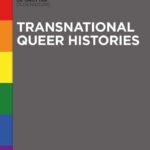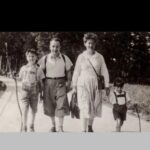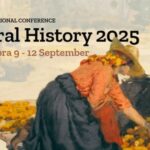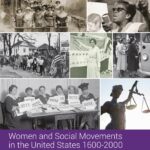 de Gruyter (Web)
de Gruyter (Web)
Proposals by: open
The series Transnational Queer Histories aims at encouraging queer historical studies, defined at their broadest, to forge new cross-disciplinary paths and pioneer innovative intersectional approaches. The series is intended to platform and support scholarship from academics at all levels of their careers, and to give voice to researchers and topics that have until now been unrepresented or underrepresented in academic publishing circles. As such, it is the editor’s intention to open the doorways for innovative, new research, highlighting non-traditional approaches and subject matter. TQH’s title is its programme; the editors seek work that is
- transnational and/or comparative in scope, not (strictly) limited to one geographic locality;
- queer in the broadest sense, encompassing not just homo- and cis-normative experiences but also a variety of gender and sexual identities, including (but not limited to) bisexuality, pansexuality, asexuality, transgender and intersex lives; and
- historical, with work drawing principally from modern and early-modern history, in whichever way the contributor defines these.
In this way, the editors seek to encourage the creation of a body of new scholarship that moves away from the confines of (generally) white, male, homonormative, cisgender queer history that has tended to characterise the subdiscipline. While these narratives remain important to queer history, the editors encourage innovative approaches to them through new and hitherto-underutilised avenues of inquiry. Thus, they seek to foreground the broad and vibrant diversity of queer experiences throughout history.
TQH accepts proposals for both monographs and edited collections; work may be submitted in English or German. As noted, the editors seek work from scholars at all career levels. If you are unsure whether the work you have in mind would be a good fit under the TQH banner, please do not hesitate to contact the editors with an informal inquiry. They will do their best to advise you whether we would welcome a more formal proposal from you, as above. Continue reading

 Dokumentation von Helene Maimann (A, 2016, 53 Min.): Käthe Leichter – Eine Frau wie diese
Dokumentation von Helene Maimann (A, 2016, 53 Min.): Käthe Leichter – Eine Frau wie diese  Seventh biennial conference of the European Rural History Organisation (EURHO)
Seventh biennial conference of the European Rural History Organisation (EURHO)  Centre for Feminist Research at York Univ., Ontario
Centre for Feminist Research at York Univ., Ontario  Women and Social Movements in the United States, 1600-2000
Women and Social Movements in the United States, 1600-2000